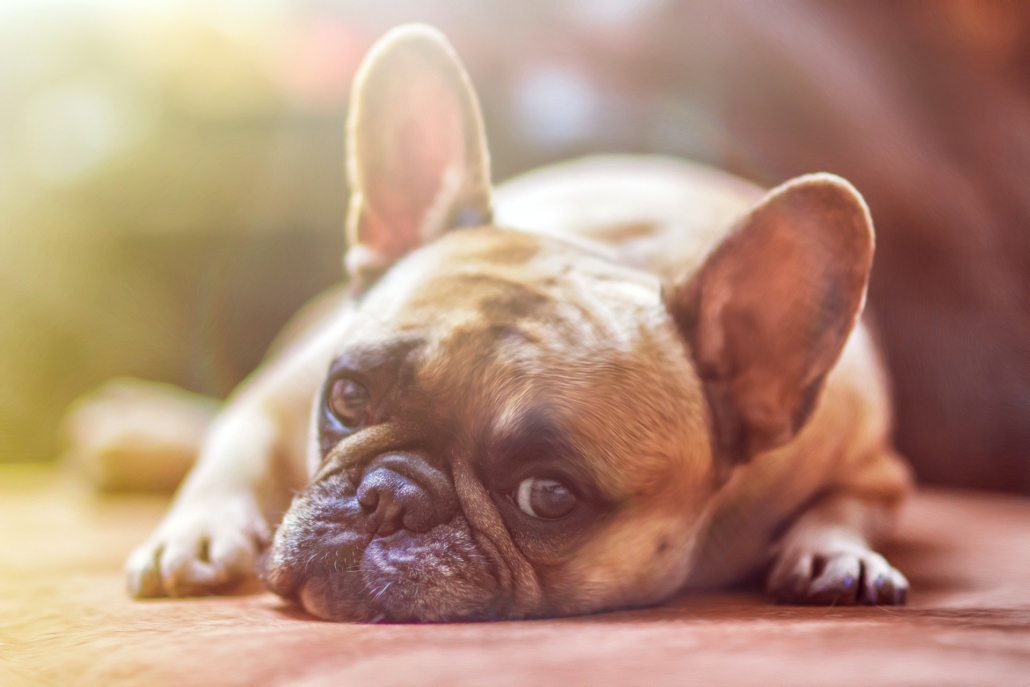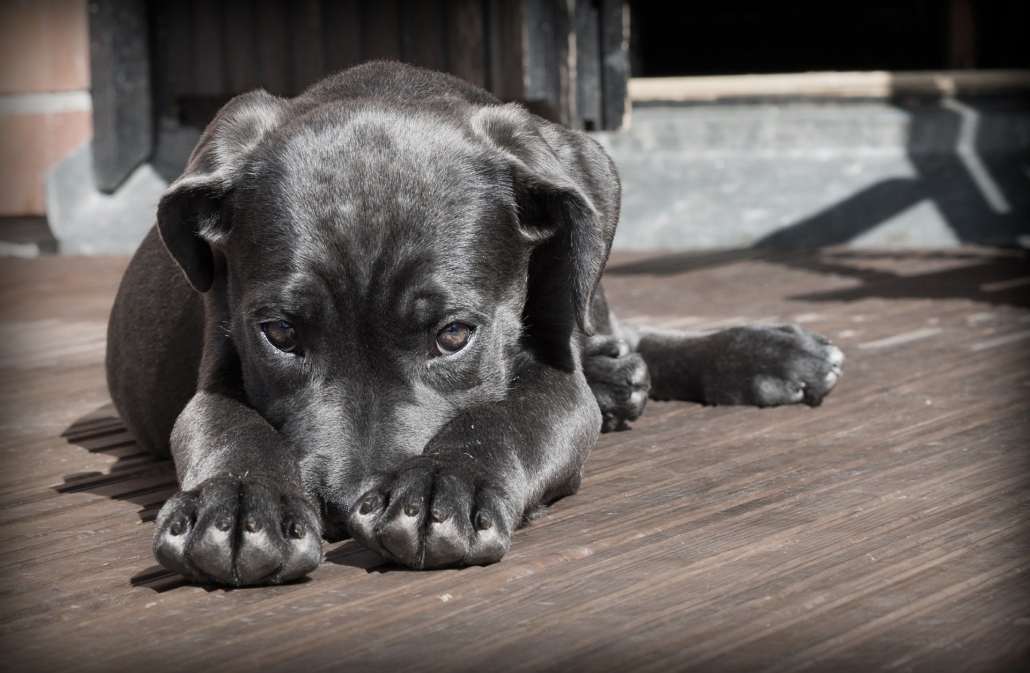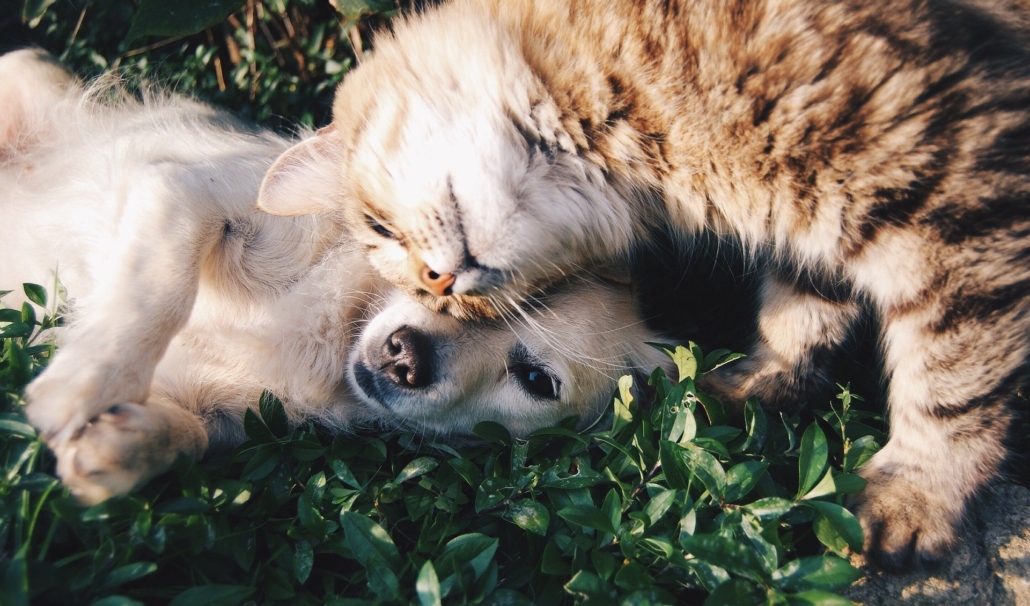Understanding Pets and Covid-19
A year after the U.S. went into lockdown in response to the Covid-19 pandemic, many people still have questions about their pet’s susceptibility to the virus.
Scientists are still gathering information on this issue, but initial studies give us an idea of how Covid affects certain types of animals. Keep reading to find out about pets and Covid.

Can Animals Get Covid?
Yes. SARS-Cov-2, the coronavirus that causes Covid-19, is just one virus in a family of coronaviruses that are common in humans and other animals. Current data indicates SARS-Cov-2 has an animal source, according to the Centers for Disease Control and Prevention.
According to the USDA, 6,723 animals have been tested for the virus in the U.S. since March 15, 2021. Only a small number of animals worldwide have been reported to be infected with the virus.
Which Animals Can Get Covid?
Data on naturally and experimentally infected animals from the World Organisation For Animal Health (last updated January 2021) gives some insight into how Covid-19 affects animal populations:
Pets – Cats and Golden Syrian hamsters appear to have a high susceptibility to infection from Covid-19 and may transmit the virus within their species. Dogs appear to have a low susceptibility with no detectable transmission.
Farm animals – American minks, ferrets, raccoon dogs and rabbits all have a high susceptibility to infection. American minks can transfer the virus from mink to mink and from mink to human, while ferrets and raccoon dogs can transmit the virus within their species, and rabbits showed no transmission. Pigs and cattle have extremely low susceptibility and showed no transmission. Poultry showed no susceptibility.

Can Covid Be Transferred Between Pets and Humans?
This question is still being evaluated. However, the CDC says that based on current limited information, the risk of pets spreading Covid to humans appears to be low.
How to Keep You and Your Pet Safe
Pandemic or not, any time you handle animals, make sure to wash your hands before and after touching them, their food, or their supplies. Avoid sharing food, kissing, or being licked by your pet.
During walks, keep yourself and your dog 6 feet apart from others.
If you have Covid, the CDC recommends isolating from others, including your pets, and to keep your pets away from others outside of your home. If isolating from your pet is not possible, wear a mask and continue good hygiene practices. Do NOT put a mask on your pet, as this could harm them.

My Pet Tested Positive for Covid-19. Now What?
Keep them away from other people and pets, and contact your veterinarian. Let the vet know if your pet has trouble breathing.
Of the few pets that have been confirmed to have been infected with Covid-19, all showed either no symptoms or mild symptoms, according to the CDC.
If you have a private yard, avoid dog walks. Otherwise, limit your walks to bathroom breaks and keep your dog six feet apart from others.
Wear gloves when cleaning up after your pet, and dispose of waste in a sealed bag. The CDC says there is no evidence to suggest waste from infected pets needs any additional disinfection.
Looking for weekly insights and tips to keep your best friend happy & healthy?
Look no further and sign up for our newsletter right away:


